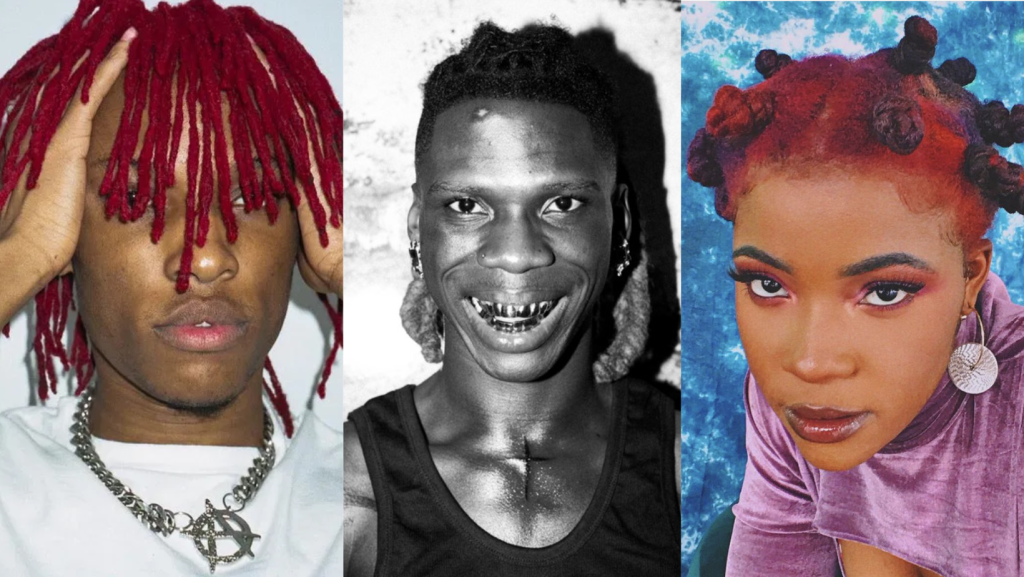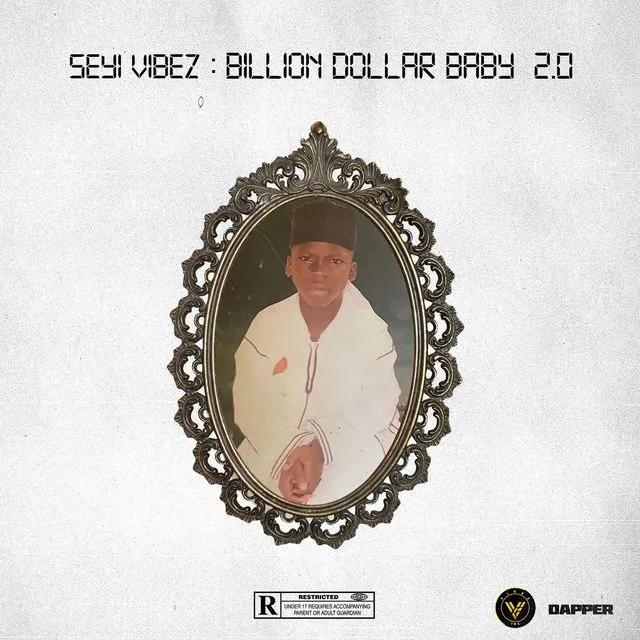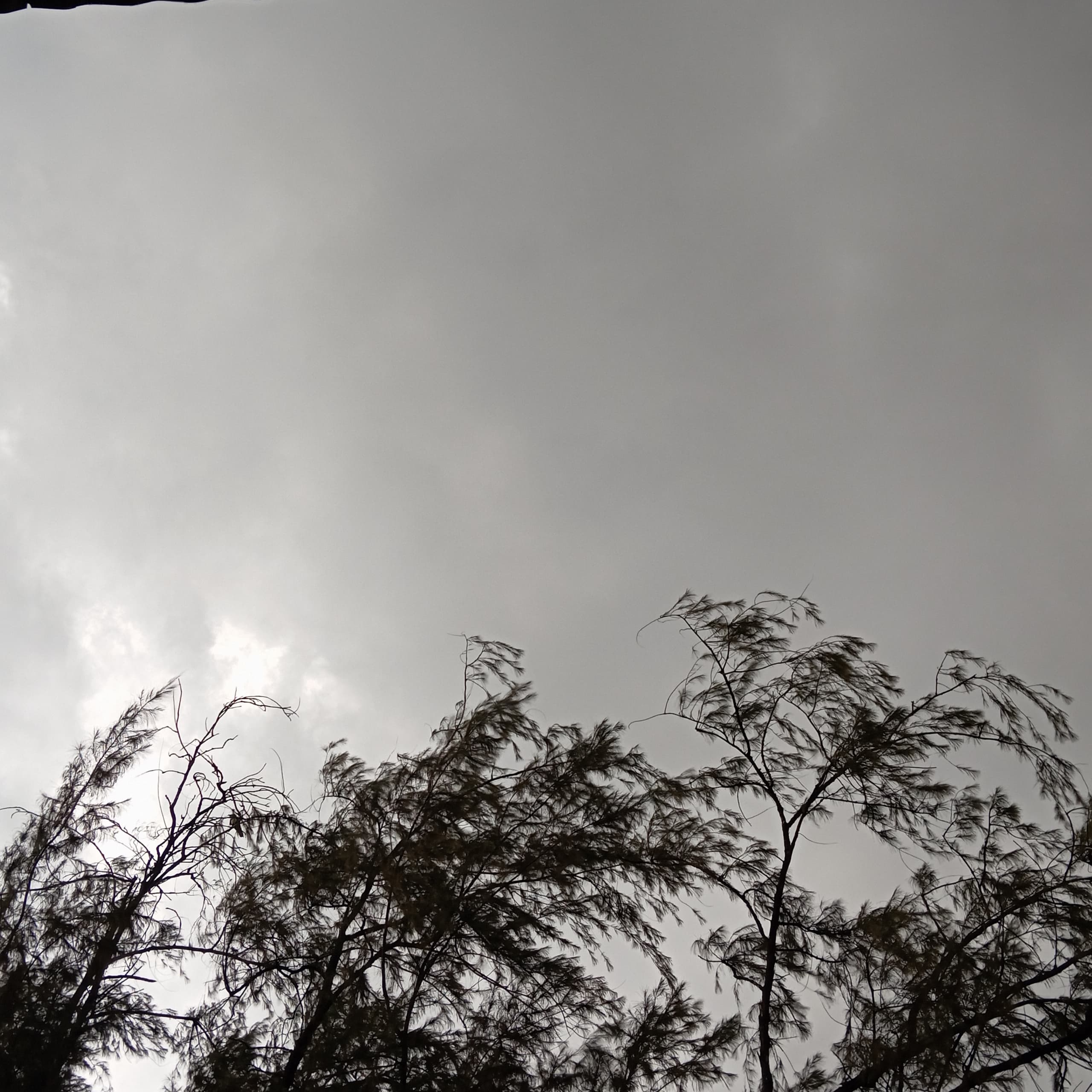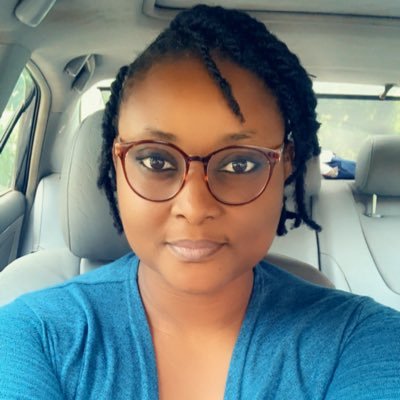We Need More ‘Odd’ Artists

If there’s one thing that’s inevitable in art/entertainment, it is ‘change’. There will always be change. Regardless of how much relevance a medium has come to enjoy, there will always be that need for evolution; for something new. And although we might debate the impact of such change afterwards, what matters the most would be that said change had taken place.
For music in Nigeria, one genre that exemplifies this concept properly is Hip-Hop. Nigerian Hip-Hop evolved from being a mere copy-and-paste of the Americans in the 1980s and 1990s to a highly experimental phase in the early 2000s (Hip-Juju, Ajegunle’s Reggae Hip-Hop fusion) before eventually finding a balance with the Golden Era of the late 2000s to mid-2010s. Even at that, it has continued to change; aided by the adoption and creation of brand-new sub-genres, and production styles, and influenced by the dynamic nature of the Nigerian experience.
Consequently, this knowledge of the necessity for change – more than anything else – has fueled my crusade: an appeal for the promotion of artists that are ‘odd’. Of course, one could say that this is how it has always been. Artists who burst onto the mainstream are usually the ones who offer new sounds and melodies that appeal to the majority. They’re the P-Squares, Wande Coals, Wizkids, Temses, etc. of the industry; artists who take established genres to new heights or even prompt the creation of new music terminologies. That’s true. However, these aren’t the artists I’m referring to as ‘odd’.
Rather, I’m referring to the unconventional acts that make you go “What the hell am I listening to?”. These acts circumvent conventional music theory and what is typically accepted as the ‘proper way of doing music’. It doesn’t matter that you can almost immediately identify the genre of music or instrumentation. On the contrary, what strikes you most about their music is how it’s done; the choices in writing, vocalisation, delivery, production, and the many other aspects of a song. These are the artists that make you stop to listen and ultimately leave you wondering if one is even allowed to do such as ‘music’.
In contemporary times, Nigerian music has had its fair share of such artists both in the mainstream and underground. A prime example would be Abuja-based rapper and rave of the moment, Tochukwu Ojogwu who goes by the name, Odumodublvck.
If you’re a frequent user of Twitter and Instagram, chances are that you’ve come across one or two of his videos; especially with the frequency with which he drops music snippets and his rise in popularity since 2022. There’s also a very high chance that you neither connected to it – at first or even at all – nor considered it to be good music. But as Odumodu himself would say, what he does isn’t just rap alone but also ‘Okoporoko music’; a unique sound infused with gyration-like chants and Port-Harcourt street lingua over sombre production. It’s a style that shouldn’t work, yet does. To put it simply, ‘odd’.
Take his verse on Kid Marley’s February 2022 single Para, for example:
“Young Mussolini but I’m blacker than Finidi/
Turn semo finish, na my work, I get Akpobi
Para dey my body, sweeter than Egusi/
Lick enemy blood for every one of them I prey
Fortify my gate, Make I feel array/
Olokpa dey show them say na Ndiala dey reign/
Them say na Odumodu be the running mate of Pete Obi
Kid Marley tell them, can my labour be in vain?/
Even under rain we go f**k up APC/ PDP
Niggas carry kala with better PVC
Everybody dey kitikiti, run/ Diokpa dey pull up with hin crew, Oya jump/
Be like holocaust, See wetin I cause/
Naija kill my people back in Biafra they lost
I am coming for the law, Aiming for the clause/
Fabrizio, here we go again na blood”
It’s a 16-bar verse, the standard for rap features, yet this verse stands out for quite a few reasons; first off, the lyricism. You might immediately grasp the references to the infamous Italian dictator, Benito Mussolini, and Super Eagles legend, Finidi George on the first line but what follows afterwards is chaos. In one line, he’s talking about stirring Semovita with Akpobi – strength, in the next, he’s licking the blood of his enemies, uses Ndiala a street colloquium of the National Drug Law Enforcement Agency’s acronym, NDLEA, and for what I assume to be his way of expressing political awareness, reiterates how he’s referred to as Labour Party Presidential candidate, Peter Obi’s running mate. That’s minus the further mention of taking along a ‘kala‘ – gun to vote, retaliation for the Biafran war (Odumodu hails from Delta State; site of the Asaba Massacre), and a cheeky football punchline involving famous football journalist, Fabrizio Romano.
Furthermore, the delivery. These lyrics are delivered with a cadence reminiscent of Method Man or DMX; rough without sounding grating. And then, there’s the untraditional rhyme scheme he employs: AA AA AA B BB B A B AA CC DDD E. One might be tempted to boil that down to a lack of technicality until one considers his use of three different flows and slick internal rhyming; showing that indeed, he does have the skills. What’s different is how he uses those skills. Off-beat? Yes. Disorderly? Yes. But it’s unique, it’s a break from the norm, and in states like Rivers and the FCT where street life/violence is rife, this music resonates.
It’s why when sections of Music Twitter drag him for being ‘mid’ or accuse him of rapping off-beat, I can not but sigh. Here you have an artist forging a new soundscape with a regional basis – similar to the Atlanta trap scene or Brooklyn’s Boom Bap – yet all many hear or see is ‘mid’. Now, this is not me saying listeners shouldn’t determine what they think sounds good. I definitely acknowledge the place of subjectivity in music. However, one has to sometimes look beyond an artist’s sound disagreeing with their sonic palette to the impact of the music itself. Does it speak the truth of some people? Is it an explorable niche? Given the competitive nature of the market, especially with how almost all Nigerian music is boxed into ‘Afrobeats’ internationally, does it (the artist’s sound) offer something different for record labels? These are the follow-up questions consumers must ask themselves before rushing to talk down on such ‘oddities’.
For all the Asakes, The Cavemen, and Remas of this world, there have to be Seyi Vibez, Asa Quanas, and Maison 2500s whose music shifts far away from what should be obtainable. It’s an undeniable necessity. Interestingly, in the case of Seyi Vibez, there’s been a considerable commercial success. On songs like Chance (Na Ham) off his November 2022 sophomore project, Billion Dollar Baby, the Ketu-born act defies the rules of the Fuji-Amapiano hybrid popularised by Asake; opting for delayed rhythms rather than silky multi-syllabic rhyming. As I said before, even the mainstream has a fair share of such acts. It’s not peculiar to the Alté/Alternative movement alone. Therefore, acknowledging their uniqueness is not too much to ask.

When it’s all said and done, one thing we must be careful not to do is condone poor artistry in the name of accepting the ‘odd’. Yes, it is a thin line but it is a line that must be maintained nonetheless. In our acceptance of uniqueness, listeners and critics alike must pay attention to what is an artistic deviation from the norm, and separate that from unoriginal, disrespectful attempts at making music.
Eriomala John




I imagine this will be what’ll convince me to give the Na Ham crooner a chance.
Excellent piece, John!